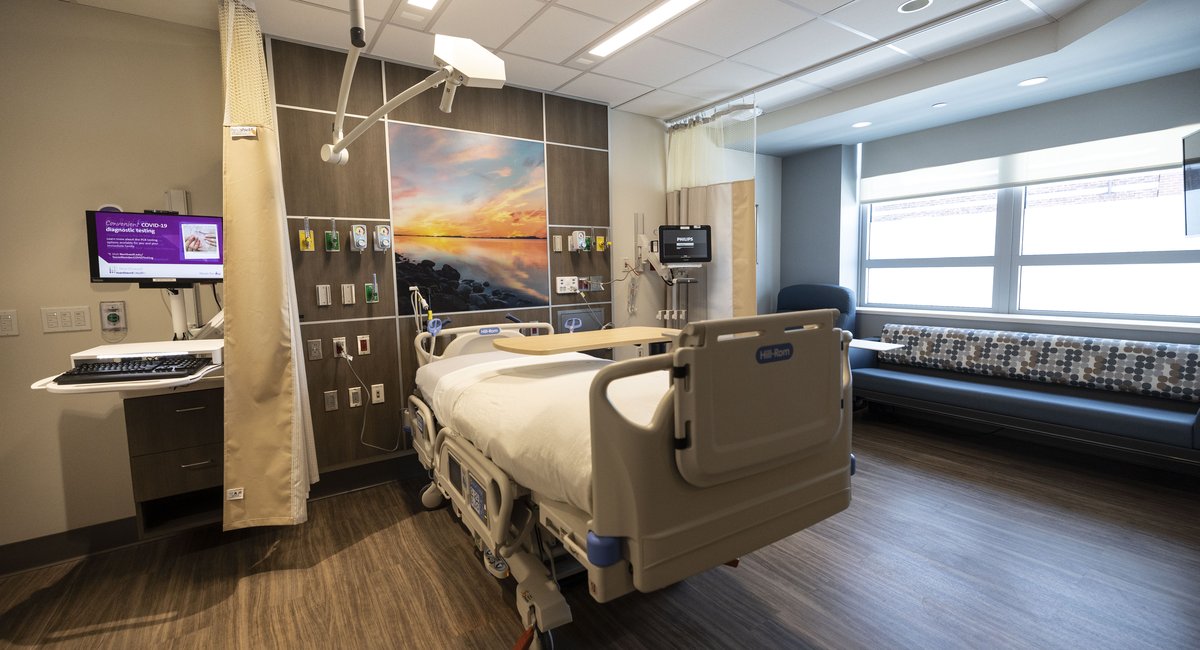NY health budget only partially delivers on home care wages and coverage for undocumented immigrants – Gothamist

Gov. Kathy Hochul’s first budget is poised to include what some health care advocates consider long overdue investments in the sector, including a 1% across-the-board boost to the rates Medicaid pays health care providers and a cost-of-living pay increase that would benefit those working with people with mental illnesses and disabilities.
However, Hochul also caught flak for not fully funding two key proposals in final versions of the budget, as lawmakers seek to wrap up voting on Friday. Those measures had vocal support from coalitions of legislators and activists. One was a higher minimum wage for home health workers and the other was state-funded health coverage for low-income, undocumented immigrants.
Hochul remained at odds with advocates over these proposals throughout the budget negotiations and faced criticism from some as talks concluded late this week. But she is winning praise for expanding support for some mental health initiatives, including for more psychiatric beds.
On Thursday evening, state Senator Julia Salazar, a Democrat who represents Brooklyn, tweeted, “This state budget is unacceptable. It fails to prioritize the needs of working people and excludes our undocumented neighbors from access to services that the rest of us enjoy.”
Salazar went on to slam Hochul for using state funds to subsidize a new stadium for the Buffalo Bills, while declining to provide the full $345 million requested by the #Coverage4All campaign to extend health coverage to those who can’t access insurance because of their immigration status.
Instead, the final budget, once passed, will include funding to provide new mothers who are undocumented with postpartum health coverage for up to a year and to extend health insurance to undocumented immigrants who are over 65.
“It’s a step forward but it is not comprehensive enough,” said Becca Telzak, deputy director of Make the Road New York, an immigrant advocacy group, noting that undocumented workers have been in frontline jobs during the pandemic. “We need to provide insurance to all essential workers of all ages.”
The budget includes a $3 increase to the minimum wage for home care workers, rather than the 50% raise proposed in the Fair Pay for Home Care Act, which gained support from the majority of lawmakers in both houses. That would have brought the minimum wage for home care workers in New York City up to $22.50 per hour. Instead, the new measure brings it up to $18 per hour. The increase will cost $7.4 billion over four years.
“We know how critically important they are to families and to their sense of security,” Hochul said of home health aides during a speech on the budget Thursday.
But this smaller increase could force some home health aides to reduce their hours to remain on public benefits such as Medicaid, rather than increasing wages enough for people to get off of public benefits entirely, argued Ilana Berger, executive director of Hand In Hand: The Domestic Employers Network, one of the organizations that pushed for the Fair Pay for Home Care Act.
But when it comes to investments in mental health, this was a “banner year,” said Harvey Rosenthal, CEO of the New York Association of Psychiatric Rehabilitation Services.
He pointed to the 5.4% cost-of-living adjustment for human services workers (although the state Assembly had proposed an 11% increase) and the increase in Medicaid reimbursement for inpatient psychiatric care. In recent years, many hospitals have cut psychiatric beds with health care administrators acknowledging that the services are often not well-paid.
“My hope is this will allow people to stay a little longer [in the hospital] if they need to,” said Rosenthal.
Still, he criticized Hochul for extending Kendra’s Law, a controversial program that allows a court to order someone to receive outpatient mental health treatment.
The budget also includes capital funding for health care facilities to improve their physical infrastructure and new funds for financially distressed hospitals. The Greater New York Hospital Association heaped praise on Hochul and state lawmakers.
“We met the challenges of the pandemic, but at great emotional and financial cost,” Kenneth Raske, president of the Greater New York Hospital Association, said in a statement on the budget. “It was therefore essential that the Governor, the leaders, and the Legislature make significant investments in our heroic workforce, hospital mental health and addiction services, financially distressed safety net hospitals, and capital for facility improvements.”
As of the middle of Friday afternoon, the health and mental hygiene bill had passed the Senate. Deliberations over other budget bills with health measures are expected to continue well into Friday evening.




